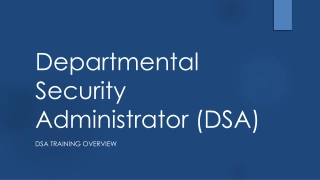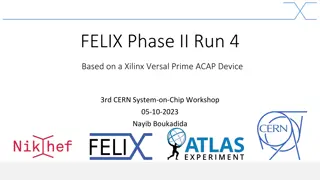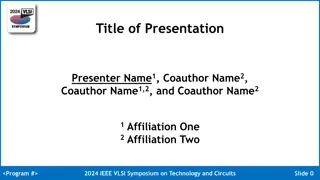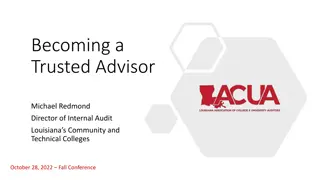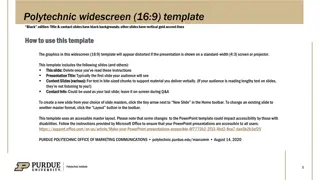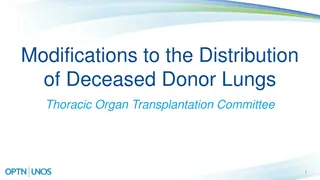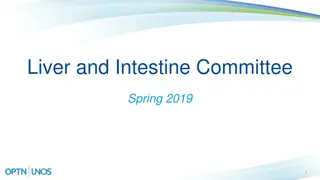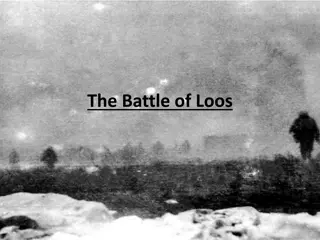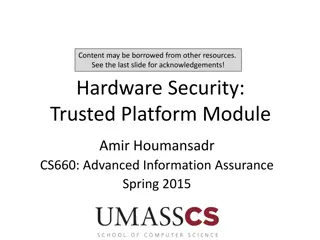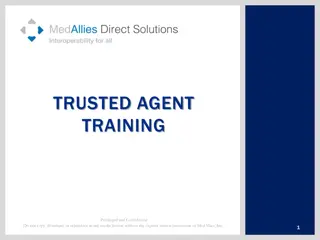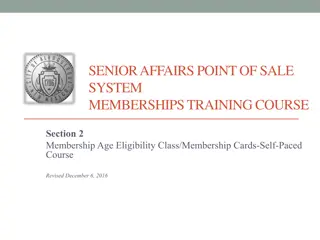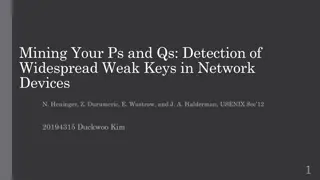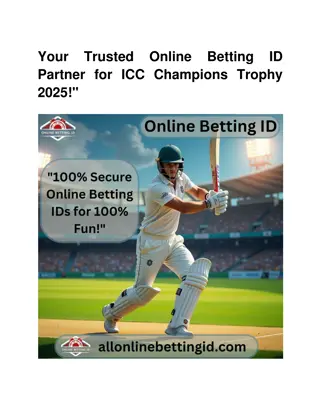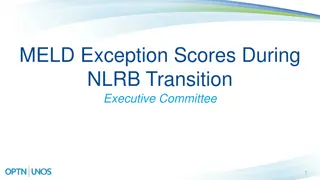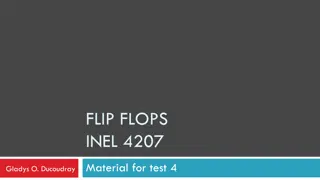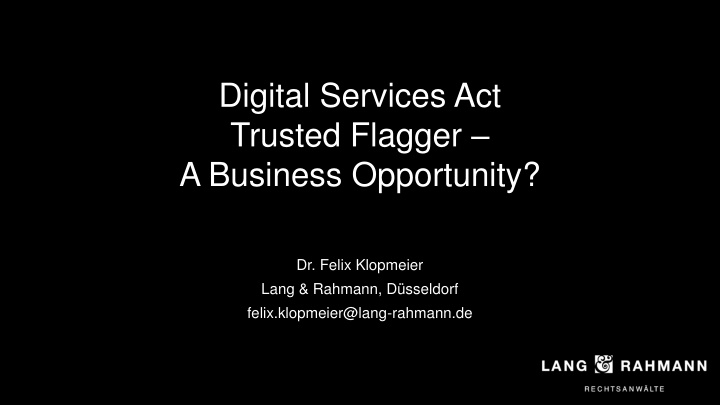
Digital Services Act Trusted Flagger: Business Opportunity and Legal Framework
Explore the Digital Services Act regulations regarding trusted flaggers, their role in combating illegal content, and the business opportunities for independent law firms in becoming trusted flaggers. This detailed guide covers the requirements, benefits, and structure of becoming a trusted flagger under the DSA.
Download Presentation

Please find below an Image/Link to download the presentation.
The content on the website is provided AS IS for your information and personal use only. It may not be sold, licensed, or shared on other websites without obtaining consent from the author. If you encounter any issues during the download, it is possible that the publisher has removed the file from their server.
You are allowed to download the files provided on this website for personal or commercial use, subject to the condition that they are used lawfully. All files are the property of their respective owners.
The content on the website is provided AS IS for your information and personal use only. It may not be sold, licensed, or shared on other websites without obtaining consent from the author.
E N D
Presentation Transcript
Digital Services Act Trusted Flagger A Business Opportunity? Dr. Felix Klopmeier Lang & Rahmann, D sseldorf felix.klopmeier@lang-rahmann.de
I. The Law Art. 22 (1) DSA (REGULATION (EU) 2022/2065) Providers of online platforms shall take the necessary technical and organisational measures to ensure that notices submitted by trusted flaggers, acting within their designated area of expertise, through the mechanisms referred to in Article 16, are given priority and are processed and decided upon without undue delay. Recital 61: Action against illegal content can be taken more quickly and reliably where providers of online platforms take the necessary measures to ensure that notices submitted by trusted flaggers, acting within their designated area of expertise are treated with priority Such trusted flagger status should be awarded by the Digital Services Coordinator of the Member State in which the applicant is established and should be recognised by all providers of online platforms within the scope of this Regulation
II. The Law Becoming a Trusted Flagger Art 22 (2) DSA The status of trusted flagger under this Regulation shall be awarded, upon application by any entity, by the Digital Services Coordinator of the Member State in which the applicant is established, to an applicant that has demonstrated that it meets all of the following conditions: (a) it has particular expertise and competence for the purposes of detecting, identifying and notifying illegal content; (b) it is independent from any provider of online platforms; (c) it carries out its activities for the purposes of submitting notices diligently, accurately and objectively.
III. The Business Opportunity / USP o Independent Law Firms as basis for the association o Truly European Network of IP Experts o Can arrange for built-in Peer Review o Usual suspects for trusted flaggers (consumer or industry associations) operate nationally o Big Law can t compete as they are often not independent and objectivity is questionable USP o Client access to fast and efficient takedown notices o High quality of decisions
IV. Structure Membership / Organization o Independent Organization, e.g.. German Verein or similar. Preferably non-profit o Board / Secreteriat o Membership Assembly o Panels Panelists recruited from Members o Membership only possible for Interlaw Members o Provision of service to whoever is interested vs. only Interlaw clients
V. Rules of Procedure o Interlaw Members can file request (workload / quality similar to request for injunction) o Panel is formed (2 or 3 members) to decide about application (preferably within 2-3 days). Workload for properly prepared standard matters shouldn t take longer than 2-3 hours. o Panel votes o Organization notifies platforms about infringement or applicant about refusal o Quality control: Obligation to report if decisions were later revoked (easier than tracking confirmations). Panlists with revocations could get a malus and get appointed less often.
VI. Finance o Costs most be as low as possible to compete with regular courts. o Involvement in panels should be considered as marketing could change depending on number of cases o Organization as such is non-profit
VII. Infrastructure o Only basic infrastructure required o Email independent of firm emails, preferably with S/MIME certificates o Central Online Storage o Website and Domain

